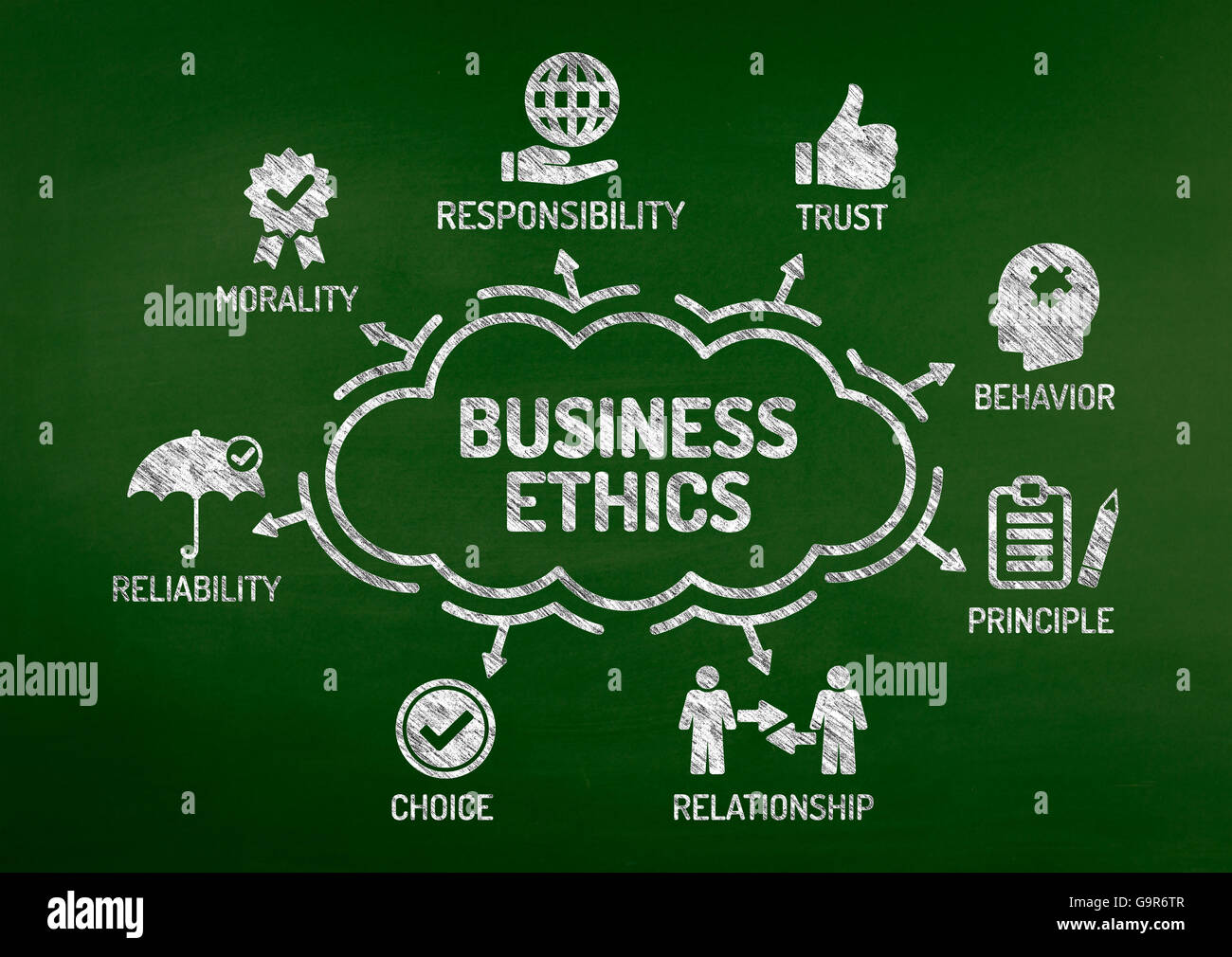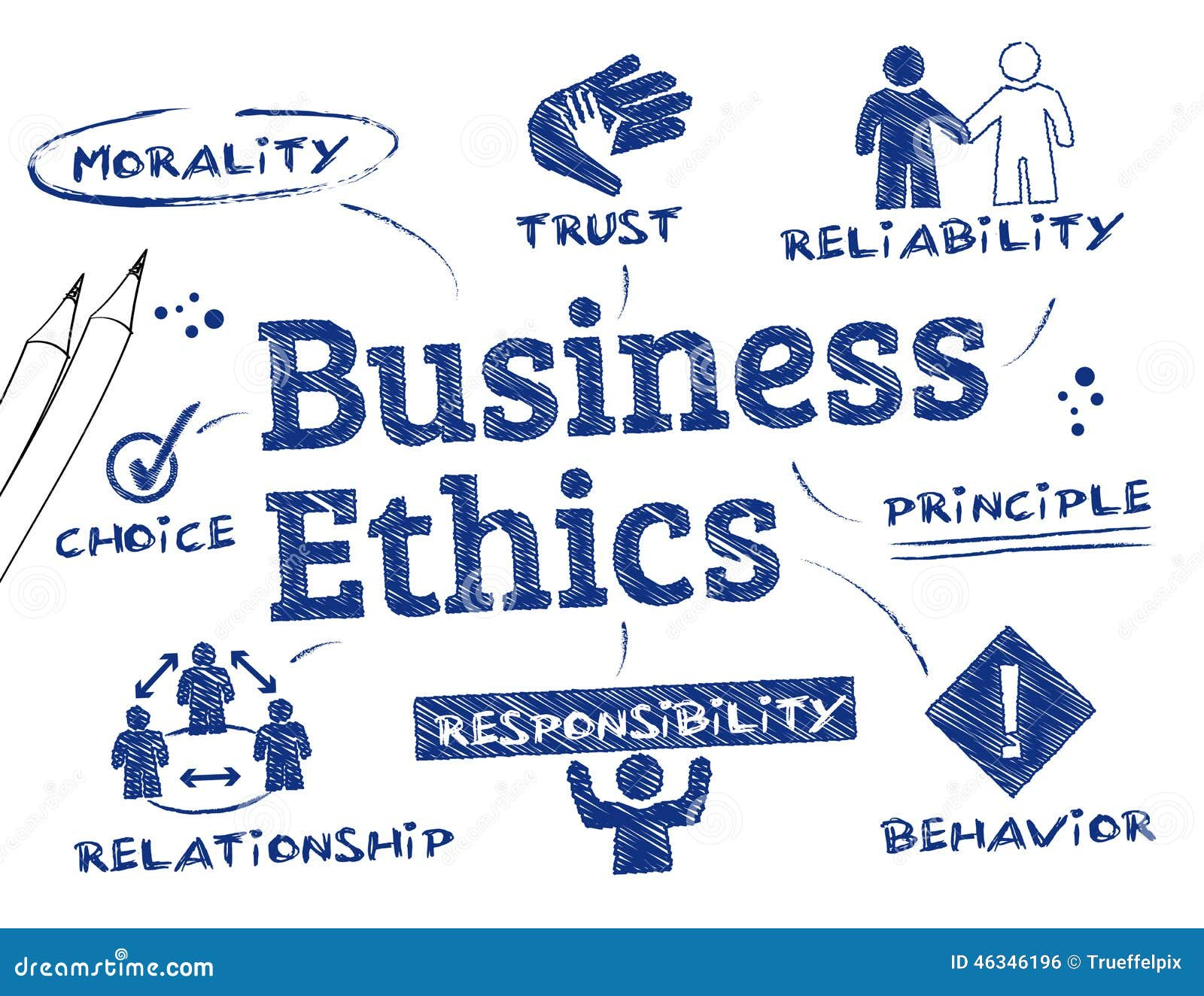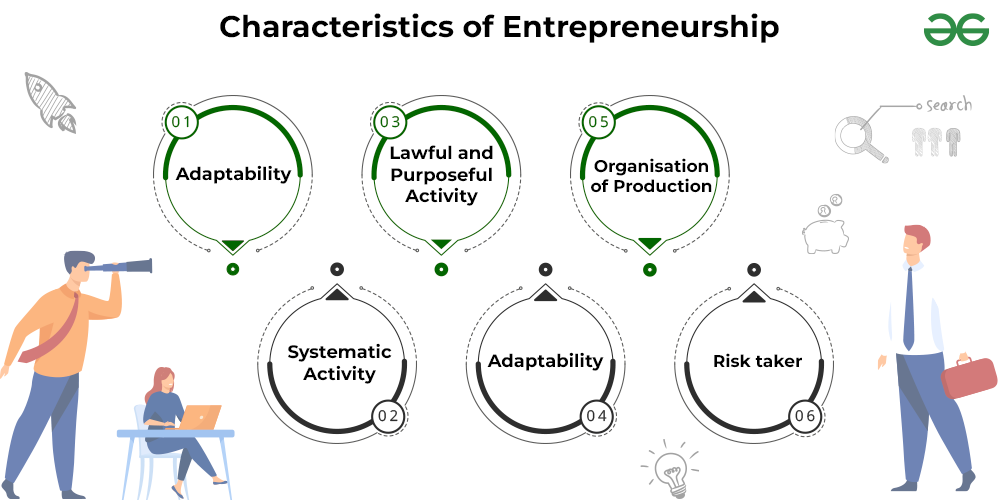Business ethics play a crucial role in guiding today’s corporate leaders through the intricate web of moral and legal responsibilities they face. As Joseph Badaracco, a prominent business ethicist, emphasizes, navigating complex decision-making requires a strong ethical framework, especially in light of recent high-profile scandals. Ethical decision making is not merely a theoretical consideration but a practical necessity that shapes the reputations and futures of organizations, as evidenced by notorious cases like those of Sam Bankman-Fried and Elizabeth Holmes. In an era where the boundaries of right and wrong blur due to technological advancements and global interactions, it is essential for business leaders to remain vigilant about their legal responsibilities while fostering a culture of integrity. Understanding the nuances of ethical dilemmas is vital for maintaining trust and accountability in the business environment.
The landscape of corporate conduct often revolves around principles of integrity and accountability, encapsulated by the broader realm of ethical business practices. This involves making informed judgments in the face of diverse expectations from stakeholders, often termed ethical governance. Business executives today must grapple with intricate dilemmas that test their moral compass, requiring them to analyze the impacts of their decisions carefully. As organizations increasingly encounter a multitude of legal and ethical challenges, the call for transparent and principled leadership has never been more urgent. Ultimately, successful navigation of these complexities relies on a blend of philosophical grounding, practical insight, and a commitment to responsible management.
The Evolution of Business Ethics Through Decades
Over the past thirty years, the landscape of business ethics has transformed dramatically, influenced by various factors including globalization, technological advancements, and evolving societal expectations. Early interpretations of business ethics focused on applied moral philosophy, where theoretical frameworks such as utilitarianism and deontology were used to analyze specific business dilemmas. However, as Joseph Badaracco notes, the approach has shifted towards a more pragmatic, bottom-up methodology that prioritizes situational contexts over rigid philosophical theories. This evolution reflects the complexity of modern corporate environments, where ethical decision-making involves navigating a myriad of stakeholder relationships, legal obligations, and moral quandaries.
In today’s world, the definition of business ethics encompasses not just individual integrity but also corporate responsibility. Companies are now viewed as integral components of societal ecosystems, tasked with addressing pressing social issues such as environmental sustainability and equitable labor practices. With the increasing intertwining of business operations and social responsibilities, ethical considerations have moved beyond mere legal compliance. Business leaders now grapple with the effects of their decisions on various stakeholders, which requires a nuanced understanding of the ethical implications of their actions on a broader scale.
Navigating Complex Decision-Making in Business
The decision-making process in contemporary business environments is rife with complexity, compelling leaders to confront multifaceted ethical challenges regularly. Joseph Badaracco emphasizes that today’s executives must not only identify the critical facts and risks associated with their decisions, but also evaluate the perspectives of diverse stakeholders, making the ethical landscape more complicated than ever before. The intertwining of various factors—including corporate governance, regulatory expectations, and social accountability—requires business leaders to adopt a more holistic approach to problem-solving, one that embraces the ambiguous nature of many ethical dilemmas.
The challenges posed by complex decision-making are further exacerbated by cognitive biases that can cloud judgment. This makes it essential for business leaders to engage in reflective practices, seeking input from trusted colleagues and subject matter experts to mitigate the risks of self-serving decisions. By fostering an open dialogue and examining the ethical dimensions of their choices, leaders can better navigate gray areas, ensuring that their decisions align with both legal responsibilities and ethical standards. Developing a conscientious approach to decision-making allows business executives to enhance their capacity for ethical leadership in a challenging and ever-evolving business landscape.
Legal Responsibilities and Ethical Dilemmas
In today’s complex business world, the intersection of legal responsibilities and ethical considerations is critically important. Business leaders must navigate not only the laws and regulations governing their industries but also the ethical implications of their decisions. Joseph Badaracco highlights the expanding responsibilities of corporate executives, who are increasingly held accountable by various stakeholders, including employees, customers, and the broader community. This heightened scrutiny necessitates a robust understanding of both legal frameworks and ethical principles, as failure to uphold either can lead to significant consequences for a company’s reputation and financial health.
Furthermore, the dynamic nature of today’s work environment—shaped by rapid technological changes and shifting societal norms—adds another layer of complexity to legal compliance. Executives are now expected to consider the long-term impacts of their decisions on various stakeholder groups, which may sometimes involve navigating ethical gray areas. Balancing legal obligations with ethical responsibilities requires business leaders to engage in reflective decision-making practices, utilizing insights from diverse sources to guide their judgments. By prioritizing ethical integrity alongside legal compliance, businesses can foster trust and improve stakeholder engagement in a competitive marketplace.
Lessons from High-Profile Ethical Violations
Cases like those of Sam Bankman-Fried and Elizabeth Holmes serve as stark reminders of the consequences of unethical decision-making. Their stories illustrate how executives can, either deliberately or inadvertently, cross ethical and legal boundaries, leading to disastrous outcomes for their organizations and stakeholders. Business ethics educators like Joseph Badaracco stress that these cases, though extreme, underscore the importance of cultivating a strong ethical culture within organizations. By prioritizing ethical decision-making and encouraging open dialogue about moral dilemmas, companies can mitigate risks and avoid similar pitfalls.
Moreover, these high-profile violations highlight the dangers of neglecting ethical standards in pursuit of financial success. Business leaders must recognize that short-term gains often come at the expense of long-term sustainability and trust. By embedding ethical considerations into their business strategies, leaders can create a more resilient organizational framework. Through training and reflective practices, executives can enhance their ethical decision-making skills, steering their organizations towards a more principled approach to business that values integrity and social responsibility.
Cultivating Reflective Practices for Ethical Decision-Making
Reflection plays a crucial role in ethical decision-making, as it allows leaders to evaluate their choices in light of their core values and the broader implications on society. Joseph Badaracco’s research underscores the importance of reflection, revealing that many successful executives engage in deliberate practices to clear their minds and sharpen their decision-making abilities. Whether it’s through meditation, engaging in conversations with trusted mentors, or simply taking time to think deeply about a decision, reflective practices foster a more thoughtful approach to handling ethical dilemmas.
Incorporating reflective techniques into daily routines can significantly improve the quality of decisions made in complex and uncertain situations. By posing critical questions—such as what is truly important, what responsibilities must be prioritized, and what outcomes are sustainable—leaders can achieve greater clarity in their decision-making processes. This structured introspection not only enhances individual accountability but also reinforces an organization’s commitment to ethical practices, establishing a culture where moral judgment is valued and prioritized.
The Role of Stakeholders in Ethical Decision-Making
Stakeholders play a pivotal role in shaping the ethical landscape of business. As Joseph Badaracco articulates, the complexity of modern business decisions is significantly influenced by the expectations and interests of various stakeholders, including employees, customers, investors, and the community at large. This multifaceted relationship compels business leaders to not only consider the legality of their actions but also the potential impacts on stakeholder trust and engagement. Balancing these diverse interests can be challenging; however, it is vital for fostering a sense of accountability and transparency.
By actively engaging stakeholders in the decision-making process, leaders can gain valuable insights and perspectives that enrich their understanding of moral dilemmas. This collaborative approach encourages ethical decision-making, allowing organizations to align their goals with societal values. Furthermore, it empowers stakeholders to voice their concerns and contribute to discussions around corporate responsibility, enhancing the overall ethical climate within the organization. Ultimately, recognizing the interconnectedness of stakeholder interests is key to navigating the complexities of ethical decision-making.
Adapting to the Technological Impact on Ethics
The rapid advancement of technology, including AI and automation, has introduced new ethical challenges in the business realm. Business leaders must grapple with questions surrounding privacy, security, and the potential for bias in algorithm-driven decision-making processes. Joseph Badaracco advises that understanding the ethical implications of these technologies is paramount for leaders who wish to maintain integrity in their operations. As organizations increasingly rely on technological solutions, it is essential to move beyond compliance with legal requirements to consider the broader ethical ramifications of their use.
Furthermore, the integration of technology into business processes necessitates ongoing education and training for executives. Leaders must stay informed about the evolving ethical landscape, ensuring that they can make informed decisions that reflect both legal standards and moral values. By adopting a proactive stance towards technological challenges, executives can better navigate the complexities of ethical decision-making while fostering a culture of innovation and accountability within their organizations. This not only enhances operational success but also strengthens public confidence in the ethical practices of the business.
Empowering Future Leaders Through Ethical Education
Education plays a crucial role in shaping the ethical perspectives of future business leaders. Joseph Badaracco emphasizes the importance of integrating ethics into business education programs to prepare students for the complexities of ethical decision-making they will encounter in the workplace. By teaching the principles of ethical decision-making, including an understanding of stakeholders, legal responsibilities, and the nuances of complex dilemmas, educational institutions can empower the next generation of leaders to navigate moral challenges successfully.
Moreover, fostering a culture of ethics within educational institutions encourages students to think critically about their own values and the implications of their decisions. Engaging students in discussions about ethical dilemmas—drawing on real-world cases and contemporary examples—promotes a deeper understanding of the practical applications of ethical theories. As these students transition into professional roles, they are more likely to anchor their decision-making in ethical principles, thus fostering an organizational climate where integrity and social responsibility are valued.
The Importance of Ethical Leadership in Organizations
Ethical leadership is critical for cultivating a culture of integrity within organizations. Business leaders set the tone for ethical behavior, influencing the values and actions of their employees. As Badaracco states, ethical decision-making often relies on the judgment of leaders who, even in ambiguous situations, must strive to uphold their organization’s values. By modeling ethical behavior and prioritizing transparency, leaders can foster an environment where employees feel empowered to make ethical decisions, ultimately benefiting the organization as a whole.
In addition, ethical leadership promotes trust and loyalty among stakeholders, contributing to the long-term success of the business. Leaders who emphasize ethical considerations in their decision-making processes are better equipped to navigate challenges responsibly, ensuring that their organizations remain resilient in the face of adversity. By prioritizing ethics in leadership practices, organizations can not only comply with legal standards but also create a lasting positive impact on society at large.
Frequently Asked Questions
What is the importance of ethical decision making in business ethics for business leaders?
Ethical decision making is crucial for business leaders as it helps navigate complex decision-making scenarios, ensuring that choices respect both legal responsibilities and moral principles. By adopting ethical frameworks, leaders can foster trust, maintain a positive corporate reputation, and steer their organizations clear of legal issues and public scandals.
How have complex decision-making challenges evolved in the context of business ethics?
In today’s business landscape, complex decision-making challenges require leaders to consider a myriad of stakeholders and international norms. Business ethics now encompass broader issues such as technological impacts, stakeholder relationships, and social responsibilities, necessitating nuanced approaches grounded in ethical principles.
What role do legal responsibilities play in the framework of business ethics?
Legal responsibilities are foundational to business ethics, serving as the minimum standards that organizations must uphold. However, ethical behavior often demands going beyond legal compliance, requiring business leaders to assess the moral dimensions of their decisions, ensuring actions are not only legal but just and fair.
How can business leaders improve their ethical decision-making processes as suggested by Joseph Badaracco?
Joseph Badaracco emphasizes the need for business leaders to engage in reflective practices and seek diverse perspectives when making ethical decisions. By critically analyzing the situation, identifying key facts, and recognizing responsibilities, leaders can foster a decision-making environment that prioritizes ethical considerations and accountability.
What are the gray areas in business ethics that complicate decision-making for executives?
Gray areas in business ethics often arise from conflicts of obligations or uncertainties regarding the key facts of a situation. Executives face the challenge of making ethical decisions when clear right or wrong answers are not apparent, requiring them to rely on their judgment and ethical principles to navigate these complexities effectively.
Why is it essential for business leaders to avoid cognitive biases in ethical decision-making?
Avoiding cognitive biases is essential for business leaders because biases can distort judgment, leading to unethical or illegal decisions. By actively seeking feedback from others and maintaining a clear focus on ethical and practical responsibilities, leaders can mitigate the influence of biases and improve the quality of their decisions.
How can reflection enhance ethical decision-making in business ethics?
Reflection enhances ethical decision-making by allowing business leaders to step back from immediate pressures and consider what truly matters. Engaging in reflective practices, such as discussions with trusted colleagues or personal introspection, enables leaders to clarify their responsibilities and assess the potential impact of their choices on stakeholders.
What strategies can be employed to make ethical decisions in rapidly changing circumstances?
In rapidly changing circumstances, business leaders can employ strategies such as conducting situational analysis, consulting with diverse stakeholders, and establishing a clear set of ethical guidelines. These approaches help maintain clarity and purpose during turbulent times, ensuring that decisions align with core ethical values and organizational integrity.
How has Joseph Badaracco’s work influenced the understanding of business ethics?
Joseph Badaracco’s work has significantly influenced the understanding of business ethics by moving beyond traditional philosophical teachings. He promotes a practical, context-oriented approach that emphasizes critical thinking and the complexities of ethical dilemmas. His insights encourage business leaders to engage deeply with ethical issues and to consider the broader implications of their decisions.
| Key Point | Description |
|---|---|
| The Importance of Business Ethics | Business ethics play a crucial role in guiding decisions in complex situations, helping avoid crossing legal and ethical lines. |
| Change Over Time | The understanding of business ethics has shifted from a top-down moral philosophy approach to a more situational and analysis-based method. |
| Complex Accountability | Today’s managers face intricate relationships with stakeholders, increasing the complexity of ethical decision-making. |
| Gray Areas in Decision-Making | Many ethical dilemmas are not black-and-white, requiring personal judgment amid competing obligations and uncertainties. |
| Reflection in Decision-Making | Executives often use reflection as a tool to clarify their values and responsibilities before making decisions. |
Summary
Business ethics are essential in navigating the complexities of modern business decisions. As illustrated by the experiences of executives in high-stakes ethical dilemmas, adopting a reflective and analytical approach can help to clarify responsibilities and enhance decision-making. In today’s evolving landscape, where ethical scenarios are increasingly intertwined with technology and stakeholder accountability, the importance of robust ethical frameworks cannot be overstated.










Leave a Reply